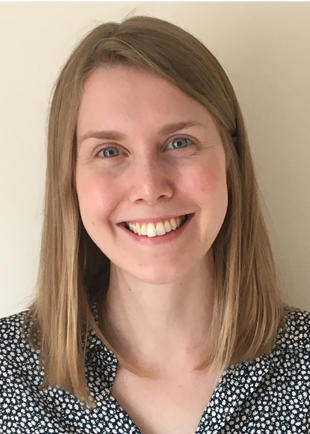Meet the Young Microbiologist of the Year Finalists: Sarah Worsley
Posted on August 22, 2019 by Microbiology Society
The Sir Howard Dalton Young Microbiologist of the Year Prize is awarded by the Society each year. The prize recognises and rewards excellence in science communication by a Microbiology Society member who is a postgraduate student or postdoctoral researcher, having gained their PhD in the last two years. Two finalists are shortlisted from each of the Society’s Divisions based on a presentation given at the Microbiology Society Annual Conference or Irish Division meetings. The nine young scientists on this shortlist will give a 15-minute presentation at the Microbiology Society’s Annual General Meeting (AGM) on 12 September. In the run up to the AGM, we will be getting to know the finalists.
Prokaryotic Division finalist: Dr Sarah Worsley

Current position: Postdoctoral researcher at the School of Biological Sciences, University of East Anglia.
Title of talk: The chemical ecology of protective microbiomes.
Research interests: I am fascinated by species interactions and, particularly, the mechanisms underpinning the assembly of a host microbiome. I am also interested in hunting for novel antibiotics in under-explored ecosystems and enjoy communicating this work, as well as the importance of antibiotic stewardship, to the wider community.
Theme of talk: Almost all organisms interact extensively with a complex community of micro-organisms; this community is collectively referred to as the host’s microbiome. I am interested in the chemical signals that enable host organisms to selectively recruit beneficial microbial species from their environment, whilst preventing interactions with non-beneficial species. In particular, I use labelled substrates to track the flow of nutrients between leafcutter ants and their antibiotic-producing microbiome, as well as from plants to protective microbial species in the soil. An understanding of the mechanisms involved in microbiome assembly may enable us to manipulate interactions to improve public health and food security.
If I wasn't a microbiologist, I would be... A writer or a journalist. I love telling and illustrating stories, particularly those that translate complicated science into something that is exciting and accessible to everyone.

